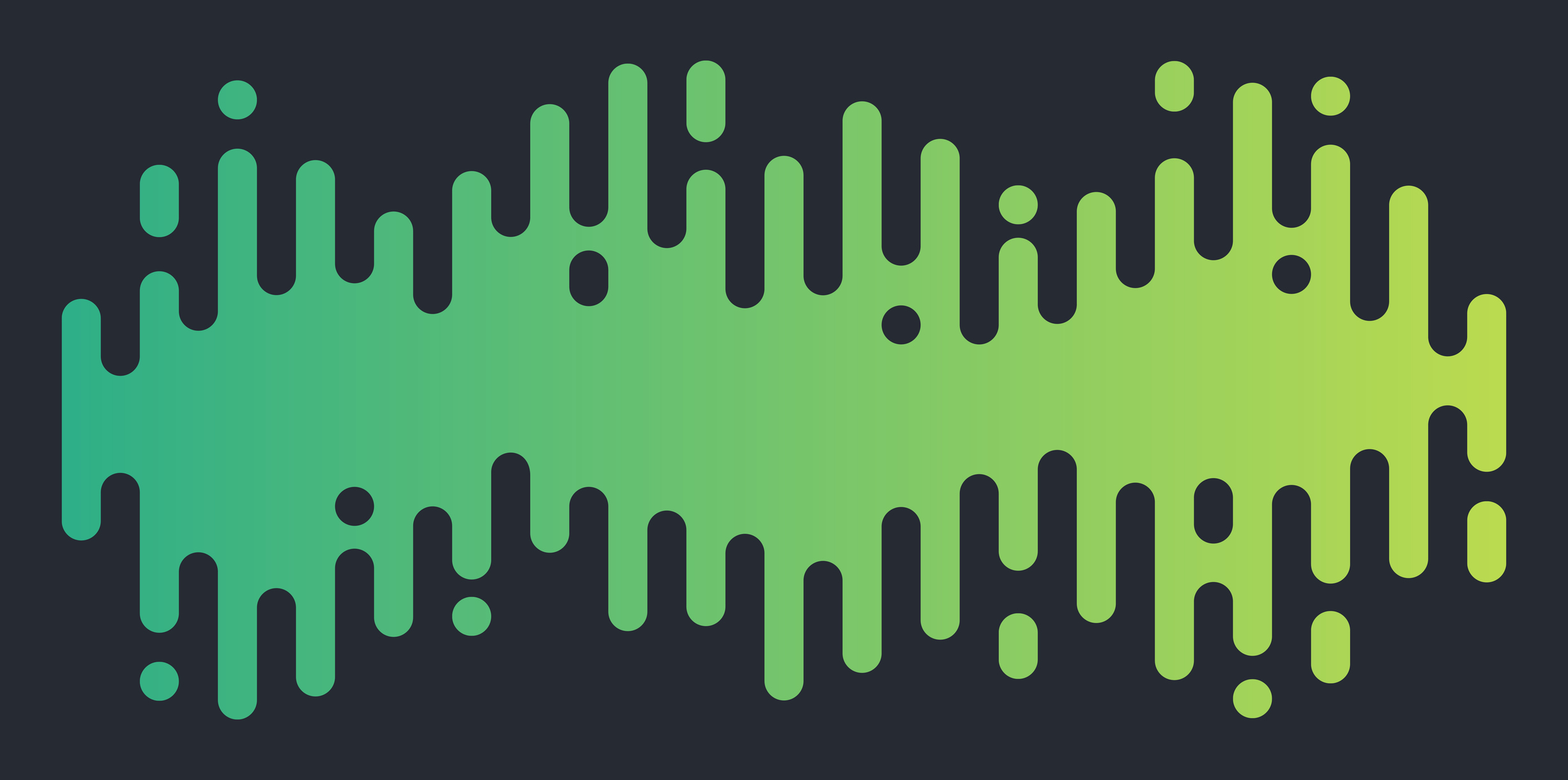Three Skills That L&D Should Start Developing
Aug 06, 2018 by Tim Sarchet

On the Nomadic podcast, the Learning Conversation, we’ve been discussing the changing role of learning in the organization. That the role of learning is evolving implies that the roles within learning, and the skills and capabilities required of people in the learning function, are also changing.
Here are three skills and capabilities (of potentially many) that we think will be in demand in the learning organization of the future.
1. Framing Problems: The learning function of the future has to help our organizations solve immediate and complex problems that are core to the success of the business. It is not our job, necessarily, to identify those problems or know what the organization needs to do about those problems (that’s what the CEO gets paid the big money for). But it is our job to understand the challenges we face, and most importantly, to frame problems in a way that enables learning to play a central role in the solution.
2. Curation: Curation has been a hot topic in the learning profession for a while. But so far the skill seems bluntly applied in learning, apparently meaning sourcing content instead of creating content. But curation should mean a lot more. It should encompass two core capabilities:
The ability to determine what is “good” content. Learning professionals need to be able to identify content that has the potential to both educate and engage a learner. They need a defined taste and to be able to codify what good content looks like.
The ability to sequence content in a way that makes a learning experience greater than the sum of its parts. A museum curator does not just source pieces of great interest. They also put a collection together in a way that enhances the overall experience for the visitor. Learning curators must learn to do the same.
3. Data Analysis: As Matt wrote in the last blog post Out of the Background - Putting Digital Learning at the Strategic Center, the L&D department of the future will produce continuous streams of data far beyond the traditional measures of completion and quiz scores. But that data will only be as good and as actionable as the people interpreting it. Learning professionals need to be able to understand the data that is being produced, analyze it for meaningful insights, and present those insights to stakeholders in a way that helps them make more effective decisions.
What do you think will be core skills of the future L&D professional? Share your ideas with us on twitter (@nomadiclearn) or send us your thoughts to podcast@nomadiclearning.com and we’ll discuss them on our next episode.



